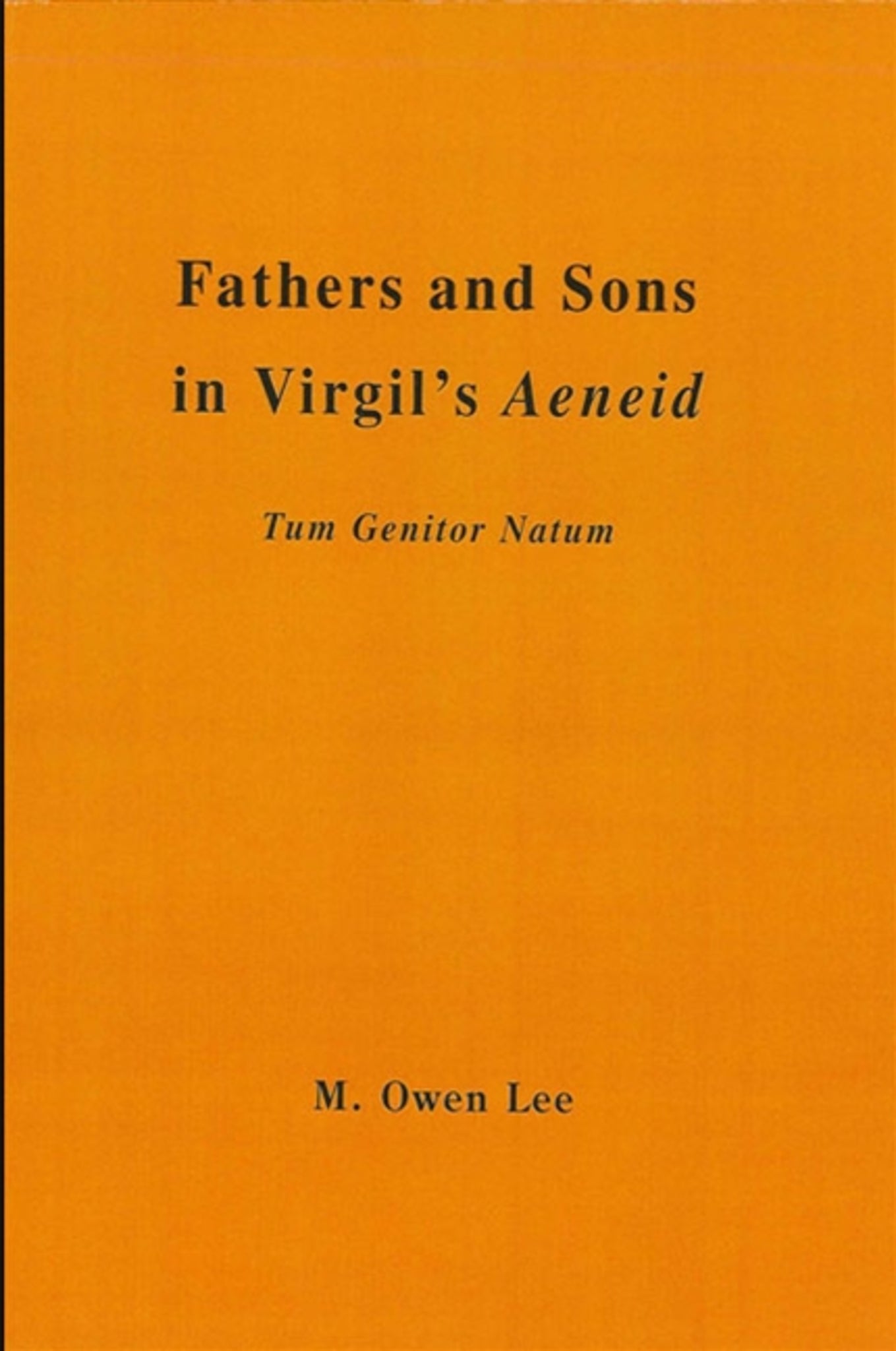We're sorry. An error has occurred
Please cancel or retry.
Fathers and Sons in Virgil's Aeneid

Some error occured while loading the Quick View. Please close the Quick View and try reloading the page.
Couldn't load pickup availability
- Format:
-
30 June 1982

Narrative summary of Virgil's epic poem.
In this book, M. Owen Lee provides a comprehensive narrative summary of Virgil's Aeneid and a personal account of his experience with the epic poem. Noting that Virgil is the writer most Latinists read early, live with, and often come to love late, Lee expresses a clear devotion to the poet's work and relates how it has touched him throughout his life. While most criticism of the Aeneid makes a distinction between what critics say and what an individual may respond to, Lee takes a unique approach by analyzing the epic story from his own point of view. He not only explores the extensive Virgilian tradition, but also looks at the work of other poets, as well as philosophers, artists, composers, and filmmakers in order to better understand the Aeneid. Lee concludes that Virgil's poem, with its unavailing fathers and dutiful sons, its ineffably sad view of a failed humanity and a flawed universe, still touches hearts and, in ways Virgil could not have foreseen, still affects human lives.


Preface
I Introduction: The Death of Pallas
II Some Preliminary Considerations
Augustus in the Aeneid
The Proscriptions
Pietas
The Divine Machinery
III The Poem
Arma virumque
Conticuere omnes
Postquam res Asiae
At regina gravi
Interea medium Aeneas
Sic fatur lacrimans
Tu quoque litoribus
Ut belli signum
Atque ea diversa
Panditur interea domus
Oceanum interea surgens
Turnus ut infractos
IV Some Further Considerations
V Homer's Poems
VI The Failure of Aeneas
VII The Failure of Virgil
VIII The Undoing of Virgil's Failure
Notes
Indexes



